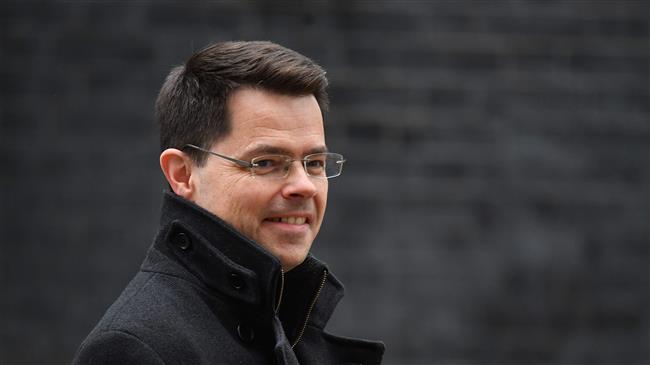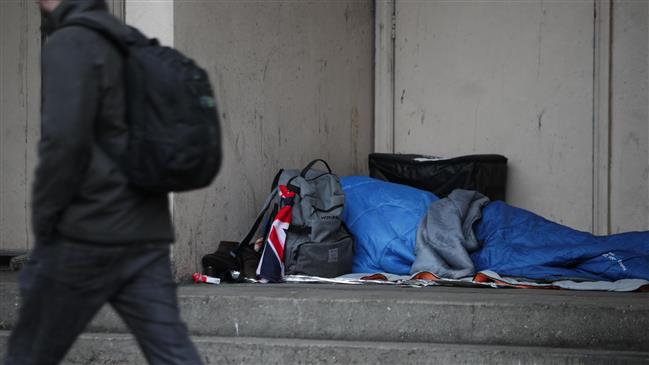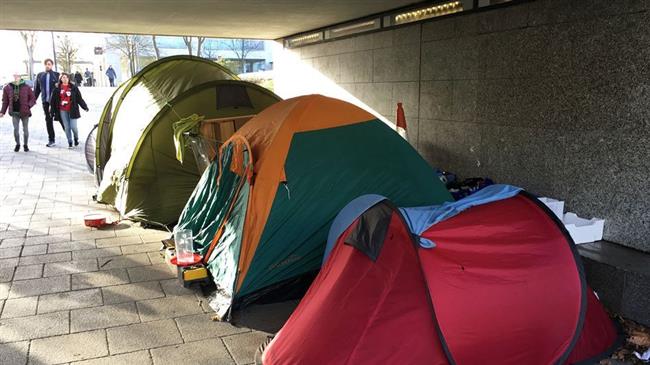UK housing secretary admits government policies led to rise in homelessness
Britain's housing secretary has admitted that the UK government’s social welfare policies have played a role in the rising rate of homelessness, appearing to backtrack on a statement he made earlier this month.
James Brokenshire, who appointed in April by Prime Minister Theresa May, said Monday that Conservative Party policies may be to blame for a surge in rough-sleeping in Britain.
He said in an interview with the website Politico that Tory party members needed to ask themselves “some very hard questions” about why levels of homelessness had increased so significantly in the UK since 2010, when the government began imposing cuts on social care budget as part of wider austerity program.
Brokenshire also revealed he personally does not give money to homeless people, although he said he sometimes buys the Big Issue, a street newspaper sold by homeless individuals.
The interview appeared to contradict his remarks earlier this month, when the minister said rising homelessness was not a political failure.
“I don’t see it in those terms,” Brokenshire said. “I see it as a combination of concerning elements in terms of addiction, family breakdown issues," he said.
The comments came after Crisis, a major charity organization, published results of its study on homelessness in the UK on Sunday, saying the number of rough-sleepers in the country had increased by nearly 100 percent in five years to reach a whopping figure of 12,300 cases last year.
The charity said that some 170,000 British families and individuals will experience the worst forms of rough-sleeping during Christmas.
UK authorities have repeatedly denied that austerity and a new government scheme on social care, known as Universal Credit, which seeks to cut many old benefits, has had any role in increased poverty in Britain.
Brokenshire himself had said in an interview to the Guardian newspaper earlier this month that the spread of psychoactive substances, growth in the number of non-UK nationals on the streets and family breakdown were main factors for increase in homelessness and not the government’s way of treating poverty.

Rights groups urge UK prime minister to hold back on anti-migrant rhetoric

Report: Most Britons ignorant about scale of UK slavery

London’s Heathrow announces shutdown due to ‘significant power outage’
Gaza ‘incredible piece of important real estate,’ Trump tells Netanyahu
Israeli forces kill Palestinian-American teenager in West Bank
Deal within reach if US shows genuine will in Oman talks: Araghchi
Russia’s State Duma approves 20-year strategic partnership treaty with Iran
Trump threatens additional 50% tariffs on China as trade war escalates
Pro-Palestine activists facing deportation decry German state repression
Netanyahu ‘returned empty-handed’ from US after Trump announced planned Iran talks: Reports
'Stab in the back': Hamas slams PA crackdown on pro-Gaza rallies in West Bank












 This makes it easy to access the Press TV website
This makes it easy to access the Press TV website